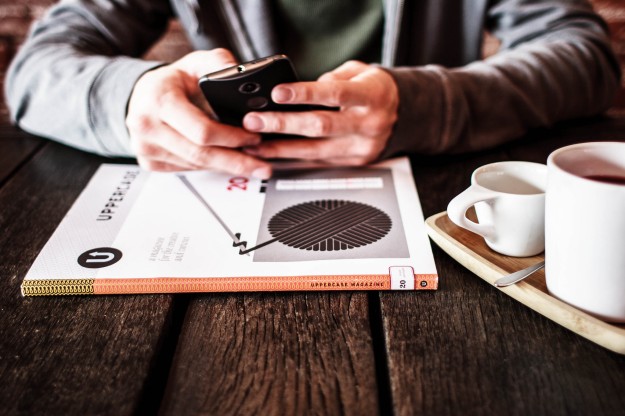
Soon-to-be graduates starting their exam preparation month by driving around on a truck while throwing candy to spectators
One distinctive feature about Finnish education is the lack of standardized national tests. The first national test for roughly half of the population is the matriculation examination at the end of upper secondary, approximately at the age of 18-19.
Today (February 16th) is the day when the class of 2017 starts preparing for the exams. In about one month they return to their schools and start taking the tests one day at the time: mathematics, English, humanities, etc. By the end of March they are done and then nervously wait for results, which are due some time in May.
However, studying is for later. Today is about having fun. Festivities (in Finnish called “penkkarit”) started already around noon by driving around town on a truck in funny costumes while throwing candy to passers-by. Then the party continues through the day (and night).
Testing is nothing new to these soon-to-be graduates. They have been taking tests since the very early grades in primary education. It is a common misconception of Finnish education that there are no tests. On the contrary, teachers assess their classes all the time with tests of various kinds.
The important thing is that normally tests are not mandated nor standardized. The teachers just choose to utilize them because they are good teaching tools. They naturally help in assessment and giving grades. In addition, and as importantly, they are good for the actual learning.
For video footage of penkkarit through the years, check here.
Flickr image CC credits: strandhe
